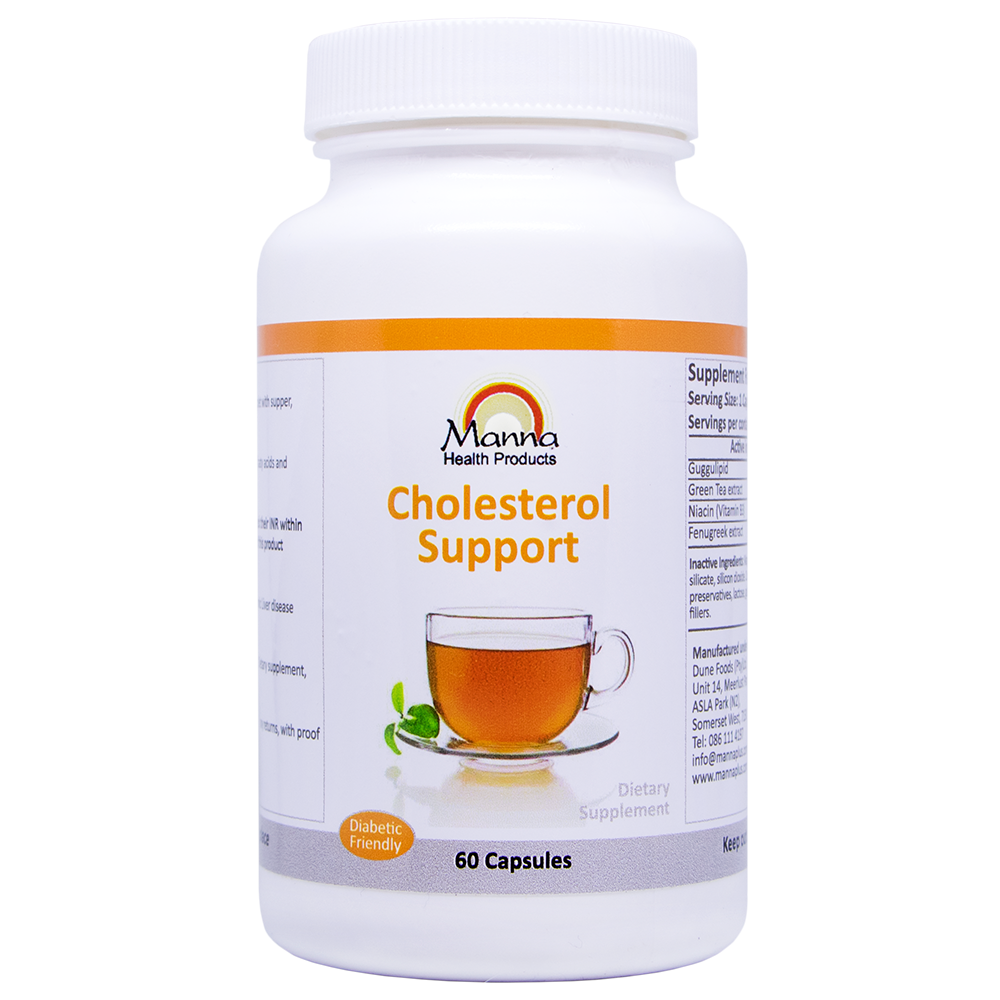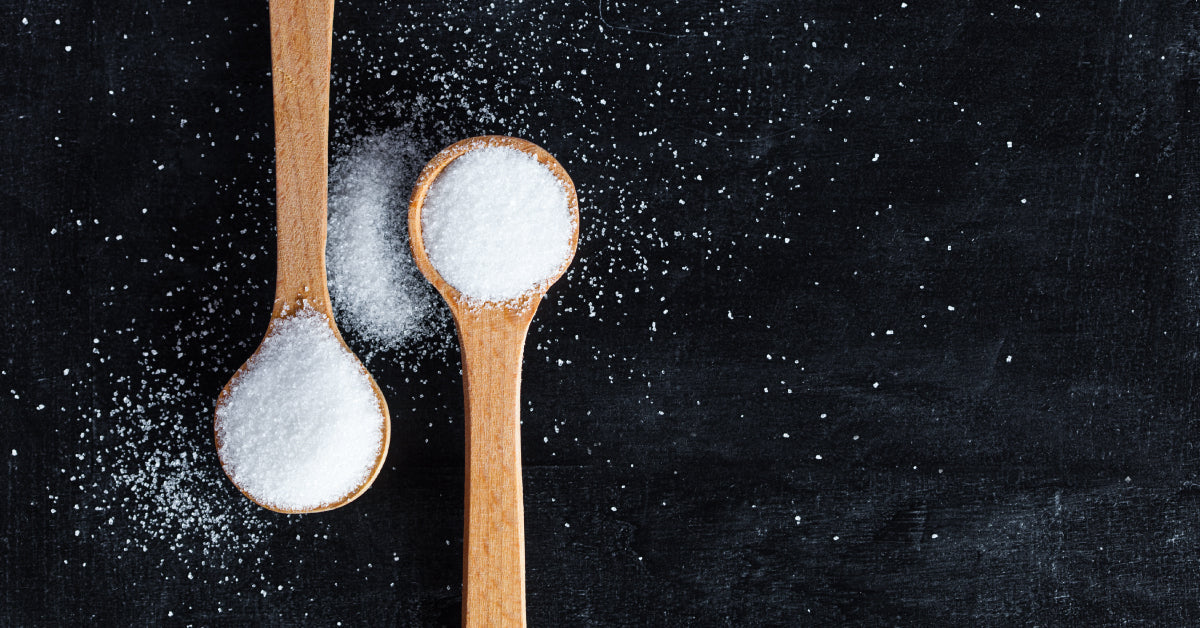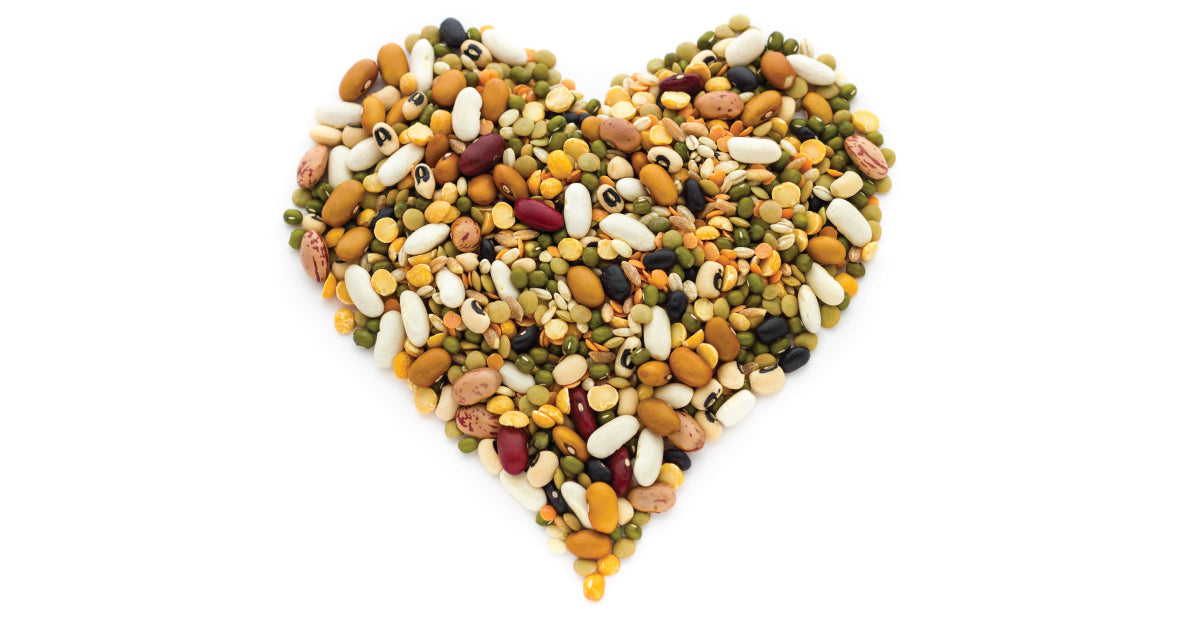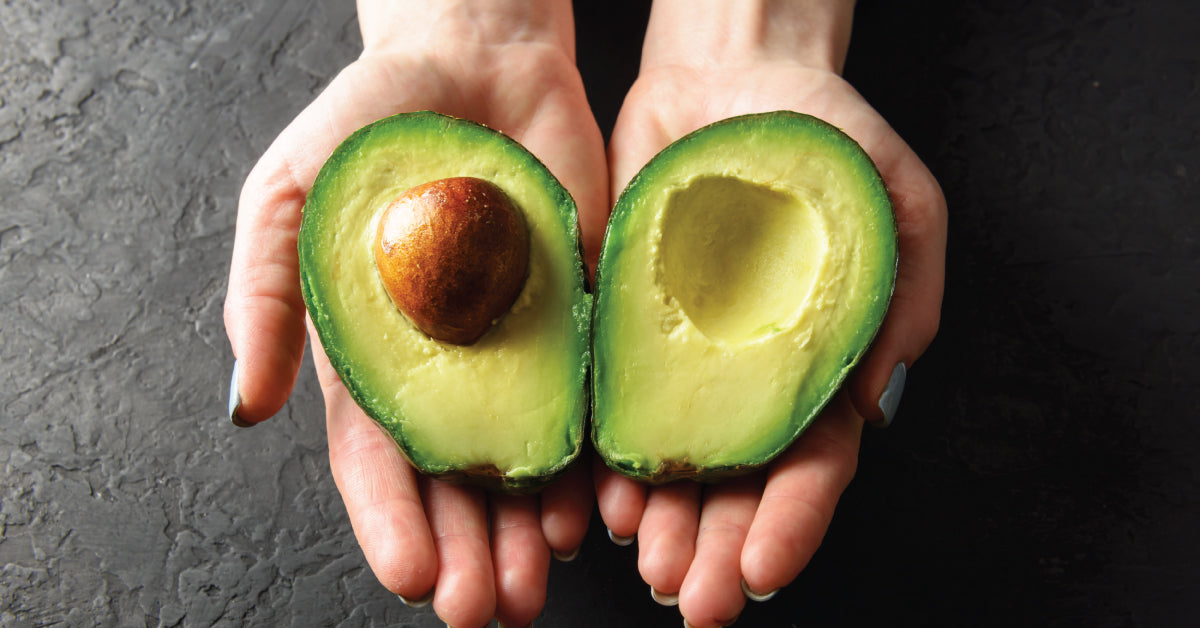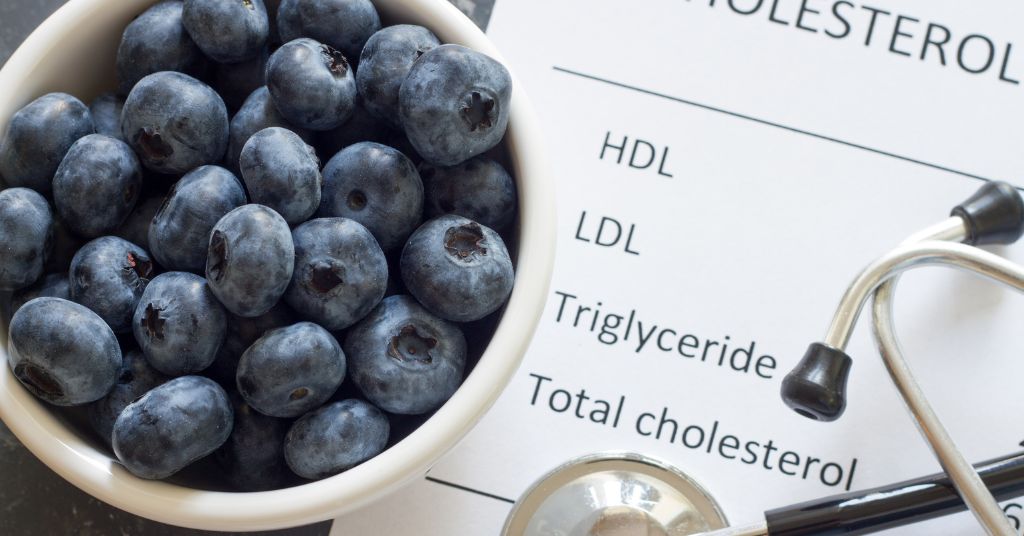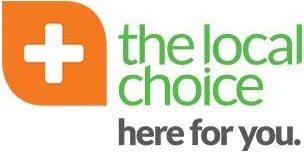High cholesterol is a sneaky bugger.
Many people already suffer from high cholesterol, but will only find it out years later – and this can lead to serious health problems.
What is Cholesterol?
When we hear cholesterol – we think of fatty foods. The truth is that fatty foods are not what causes high cholesterol. While these foods may contain cholesterol, 75% of the cholesterol in your body is actually produced by your own liver.
When cholesterol is maintained at a normal level, it plays an important role in helping your body’s cells perform their tasks. Cholesterol is, in fact, vital to your body, as it protects you against inflammation that may be caused by poor dietary choices, too much sugar, stress, and smoking.
What are the symptoms of high cholesterol?
High cholesterol itself does not cause any visible symptoms. But over time, it causes a build-up of plaque in your arteries. This plaque then causes your arteries to narrow, impeding blood flow. This is called atherosclerosis and can lead to serious problems like heart disease.
When should you get tested for Cholesterol?
Anybody over 20 years old should go for a screening at least every 4 to 6 years. The test is in the form of a simple blood test called a “fasting lipoprotein profile”.
A fasting lipoprotein profile measures the different types of cholesterol found in the bloodstream and should be performed 9 to 12 hours after eating so that the cholesterol from food does not influence the result.
The test looks at 3 main types of cholesterol namely: bad cholesterol, good cholesterol, and triglycerides.
The 4 Different Types of Cholesterol:
-
Bad Cholesterol
The most commonly found cholesterol in the body is the one carried by Low-Density Lipoproteins or LDL. This is known as “bad cholesterol”. When LDL combines with other substances in the body, it causes the arteries to become clogged.
-
Good Cholesterol
The second biggest contributor to your total cholesterol is the High-Density Lipoproteins or HDL. These are known as “good cholesterol”. They help prevent plaque build-up in the bloodstream and can actually help remove bad cholesterol from your arteries.
-
Triglycerides
Triglycerides are a type of fat carried in the bloodstream, which is stored in the fat cells of the body. Triglyceride levels tend to be high in people who are overweight, do not exercise, smoke, consume excessive alcohol, or eat a high-carb diet. High triglyceride levels can lead to heart disease, stroke, and diabetes.
-
Very Low-Density Lipoproteins (VLDL)
VLDL is a precursor of LDL. High VLDL levels are associated with an increased risk of heart disease.
What is total cholesterol?
Total cholesterol is the combination of LDL, HDL, and VLDL in the body.
What about the cholesterol in food?
Despite what was believed a few years ago, high cholesterol foods do not cause high cholesterol levels. Foods like eggs, shrimp, and lobster have minimal effect on cholesterol levels. Still, it’s important to maintain balance. It’s recommended that a healthy person keeps to about 300mg of cholesterol per day, while those at risk should stay under 200mg.
Can cholesterol be hereditary?
Yes. In some cases, a person may inherit genes that cause the body to produce excess cholesterol. However, lifestyle and diet also play a significant role.
Can the damage caused by high cholesterol be undone?
Atherosclerosis develops after years of plaque build-up in the arteries, but some of the damage can be reversed through lifestyle changes and treatment.
How can I treat and manage high cholesterol?
Start by cutting out refined carbohydrates and sugars. Add regular exercise (at least 30 minutes, 4 times a week). For more support, try Manna Cholesterol Support, an all-natural supplement that helps dissolve LDL cholesterol in the arteries, increase HDL, and support overall vascular health.
What is Manna Cholesterol Support?
It is a natural supplement designed to improve vascular health. It helps dissolve LDL cholesterol, increase HDL, and reduce lipid build-up in arteries. The ingredients work synergistically to support cholesterol balance and healthy blood flow.




